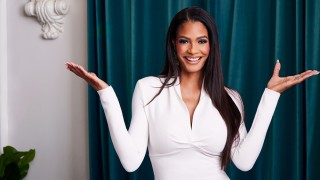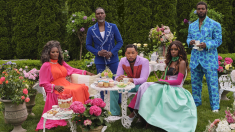The Atlantic's Theodore Johnson on the notion that the "talented tenth" are supposed to rescue all Black people from ourselves.
This is my reality: As an upper-middle-class Black male, I am seen as part of the solution class tasked with rescuing my nation from its problem and my race from itself. Yet, ever since my childhood, I’ve been held at arms-length by two cultures. Many of my Black peers were bused in from the other side of town; after hearing my diction and learning I lived in a suburb replete with green lawns, two-car garages, and debris-free streets, they labeled me an Oreo, a well-worn slight indicating Blackness on the outside and Whiteness on the inside. Meanwhile, as the only Black kid in my neighborhood or honors classes, I was called a “raisin in a bowl of milk.” Some of my White friends invited me to their homes for parties and sleepovers, but introduced me as their “Black friend Teddy.” I was never black enough for the ’hood, but always too Black to exist without a race modifier in my own neighborhood.
As adults, we Tenthers joke about having our “Black cards revoked.” And in the next breath, we trade stories of professional connections that masquerade as interracial friendships—so dependent on code-switching that we envision them telling each other, “It’s almost like he’s not really Black.” Both sides make the same basic claim about us: we are exceptional. But they don’t mean this in the usual way, as an objective observation of personal excellence or meritocratic achievement.
Instead, it’s an assertion that sets us apart from the rest of Black America, implying that we’re oddly different and a little less Negro than the others. We’re anomalies wherever we go, considered less authentic than the brothers in the inner city and certainly less-than-totally acceptable to the larger society. The solution is at hand, and yet, the problem remains.













